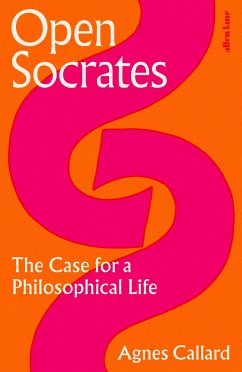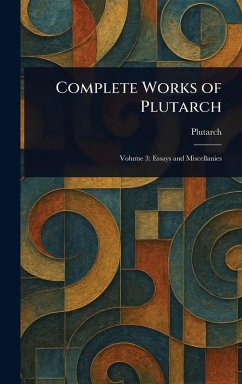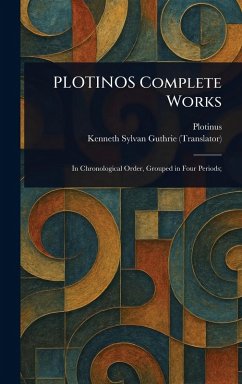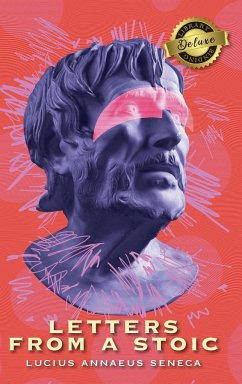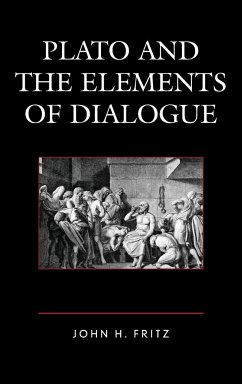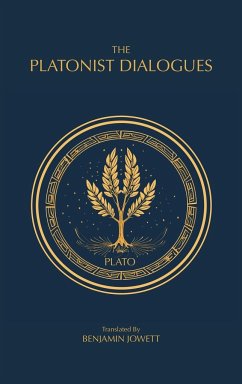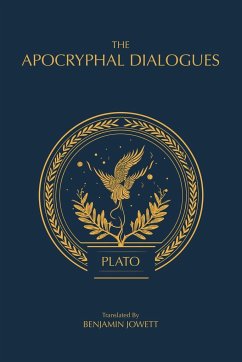
The Complete Works of Plato
Socratic, Platonist, Cosmological, and Apocryphal Dialogues
Versandkostenfrei!
Versandfertig in 1-2 Wochen
36,99 €
inkl. MwSt.

PAYBACK Punkte
18 °P sammeln!
Introducing "The Complete Works of Plato," meticulously translated by the esteemed scholar, Benjamin Jowett. This comprehensive collection showcases Plato's philosophical journey, from his early Socratic Dialogues to the complex Cosmological Dialogues, and even the disputed but insightful Apocryphal Dialogues. Jowett's translation adeptly preserves Plato's idiosyncratic style and profound philosophical thought, making this intricate ancient philosophy accessible to the modern reader.





